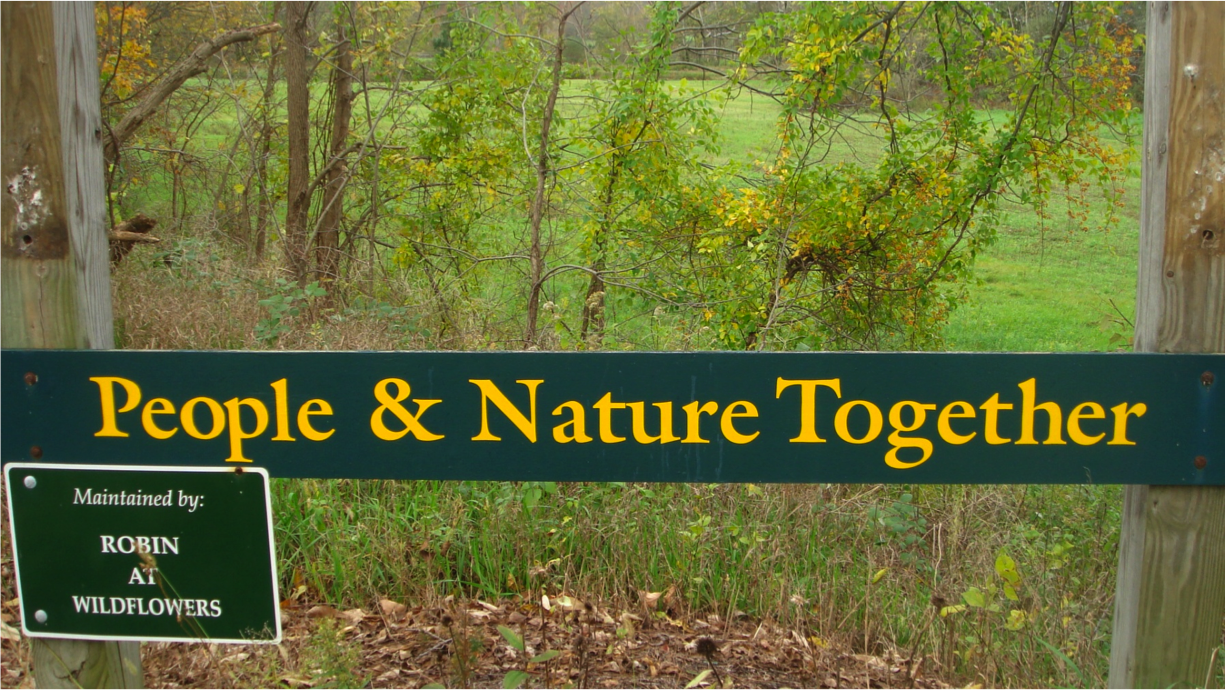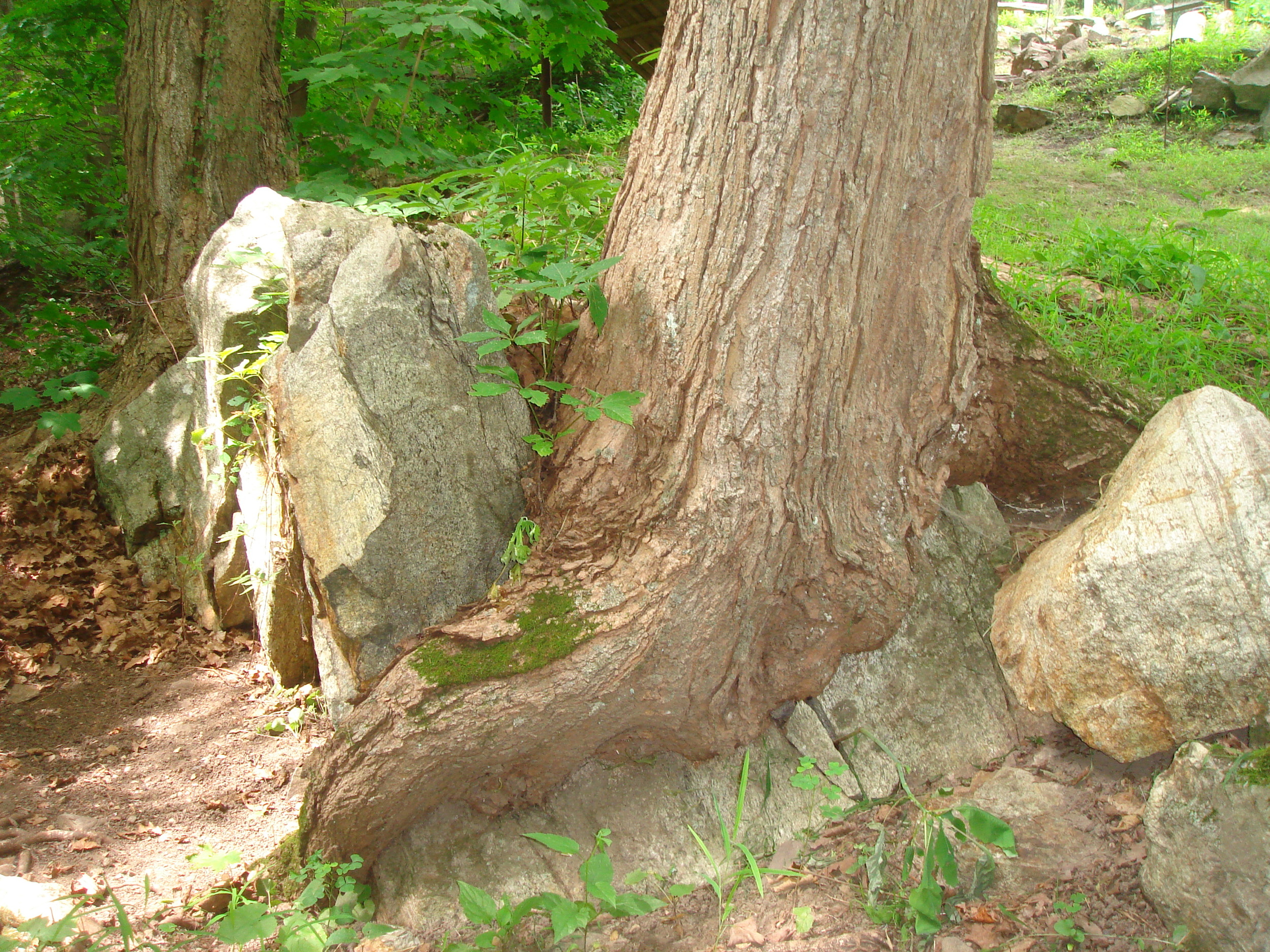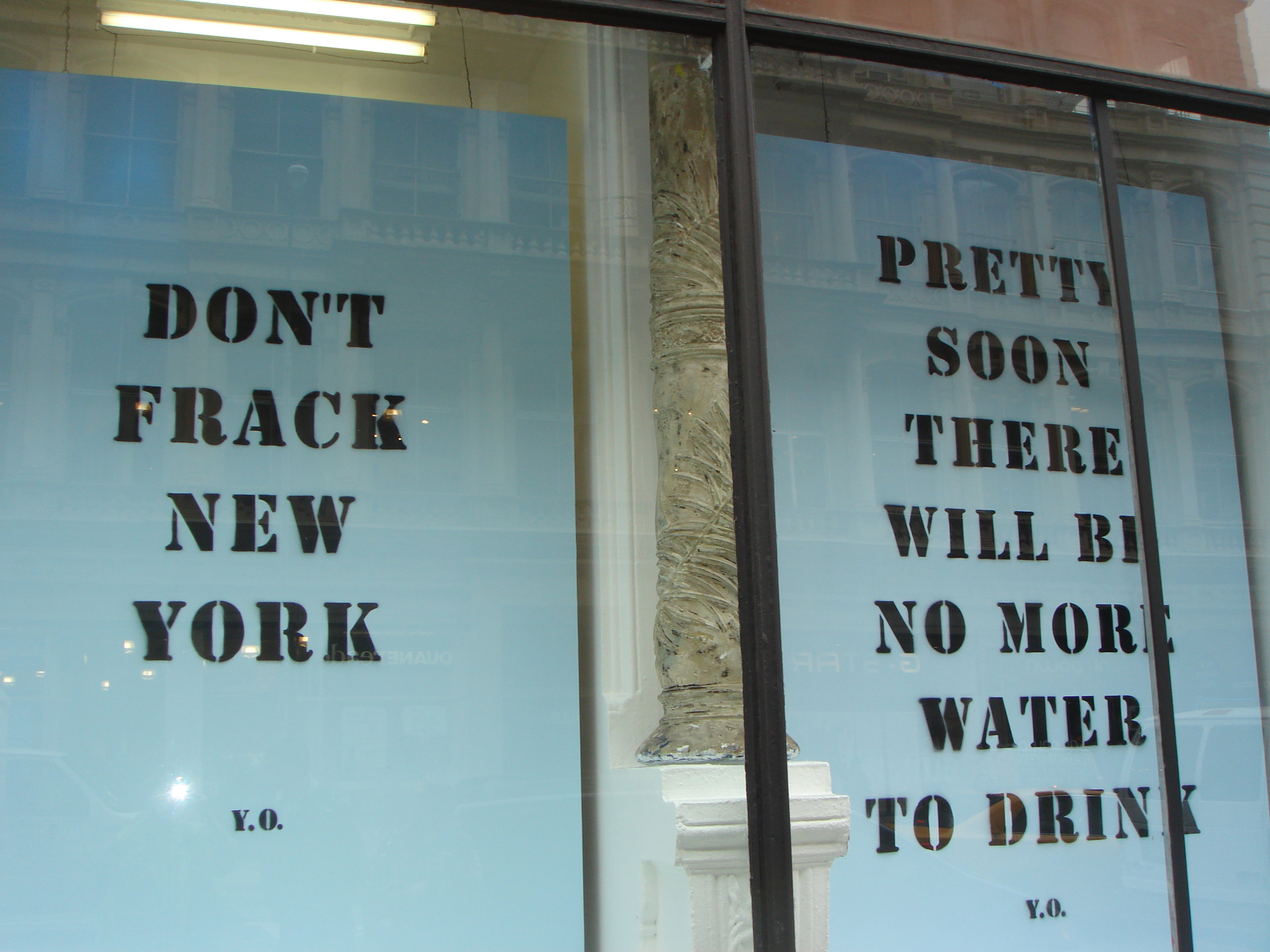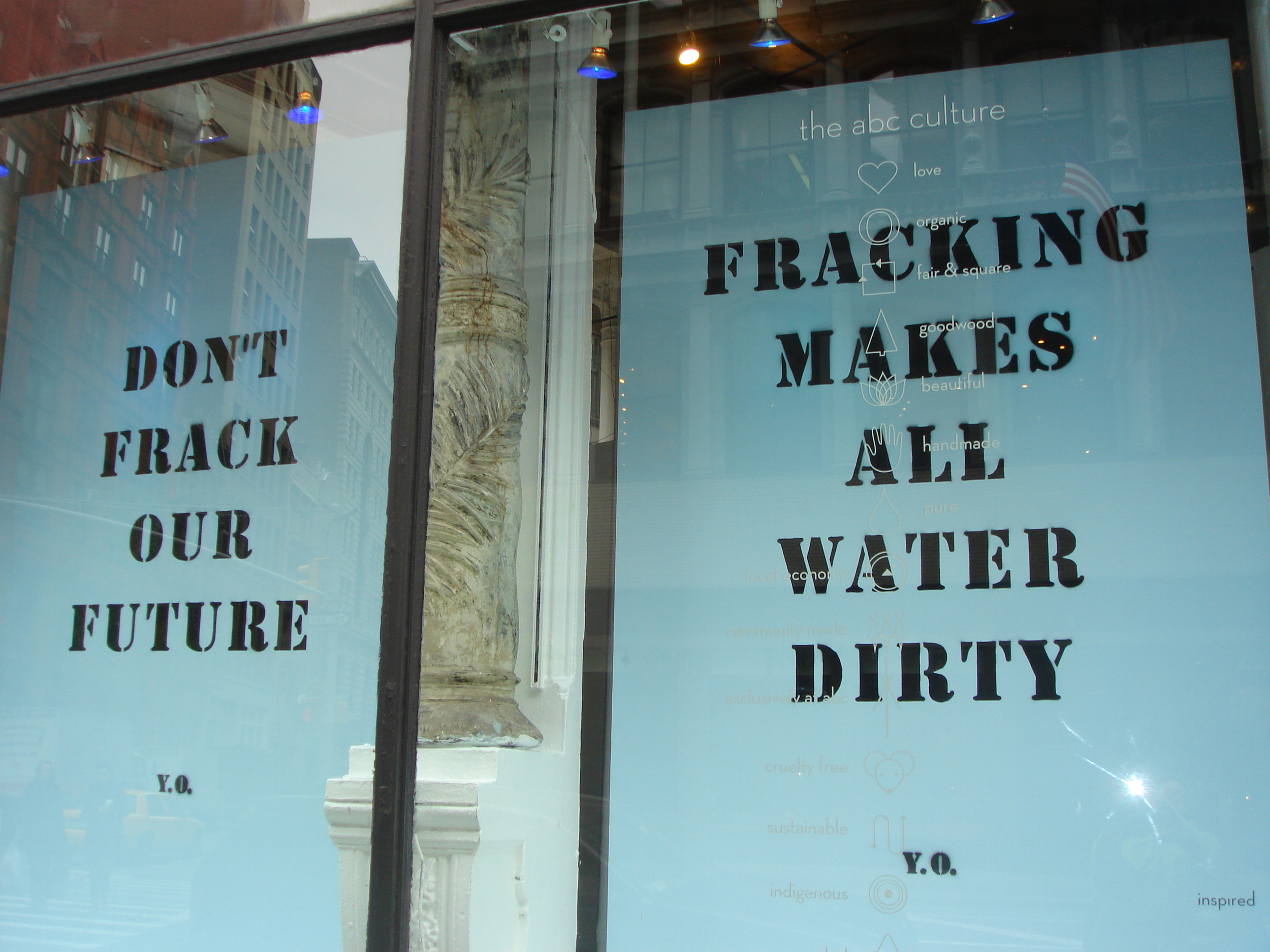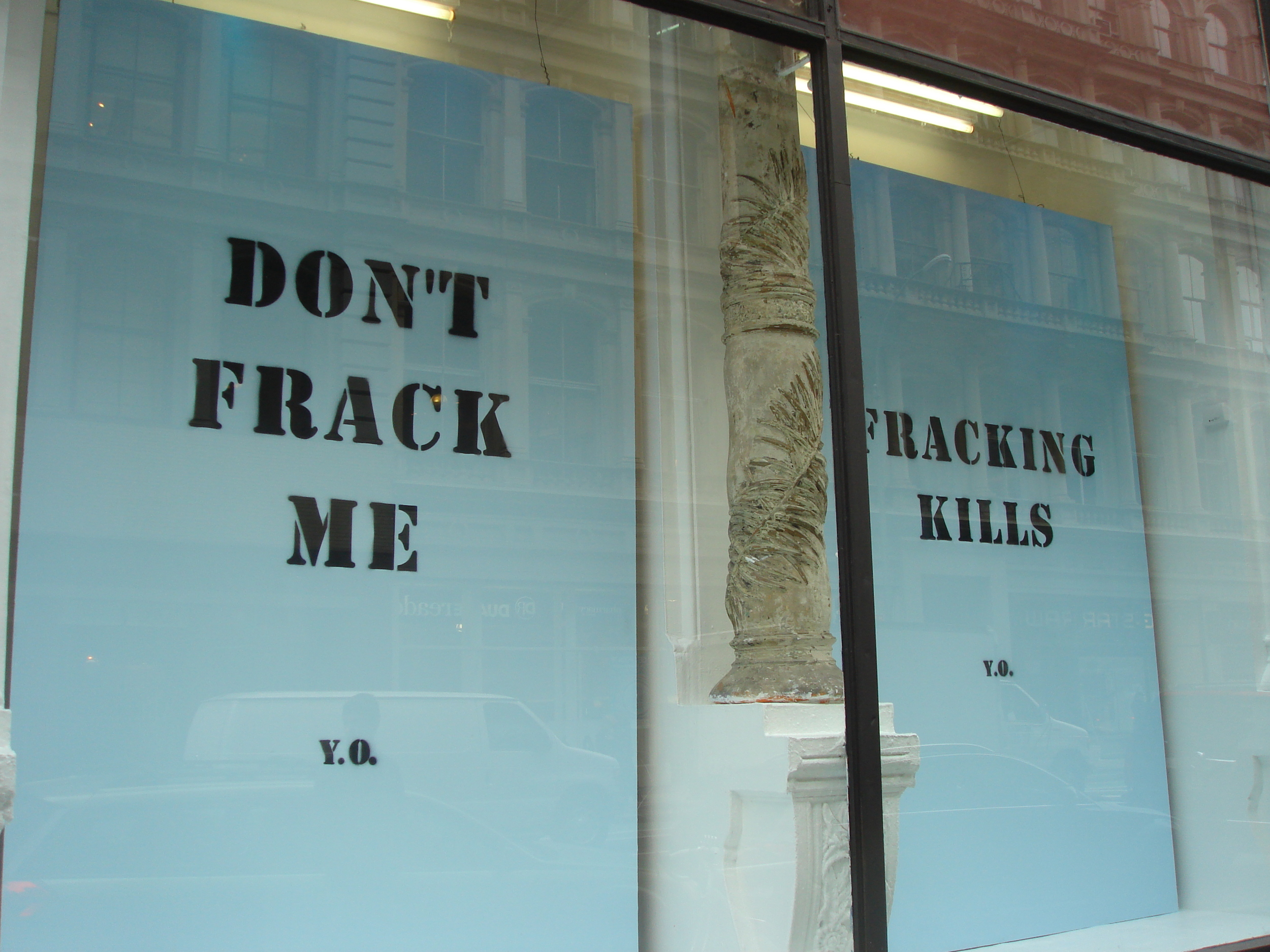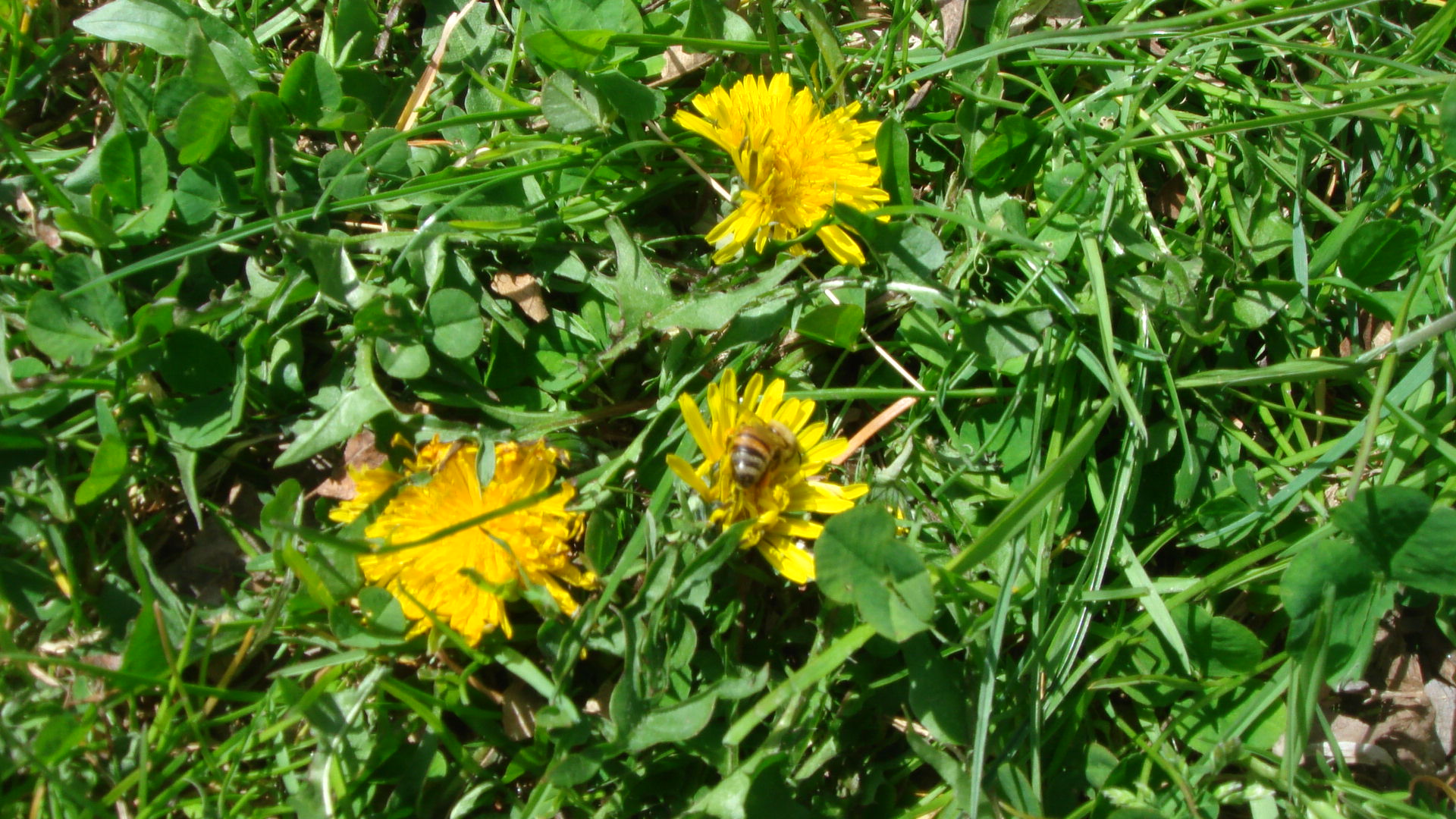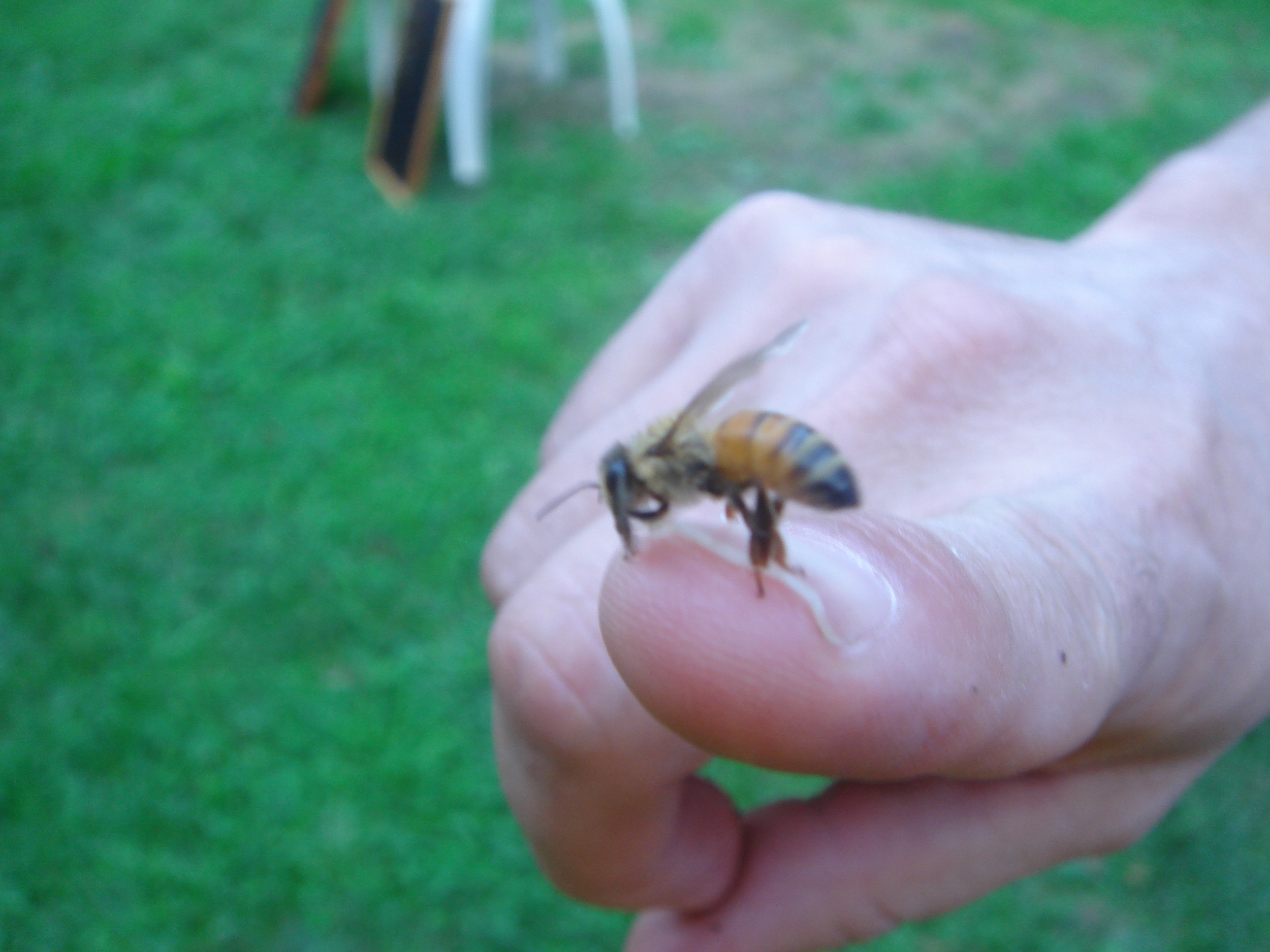You may wonder what all the buzz is with sustainability and "green" practices and what it actually means. Most of our current manufacturing processes are linear, energy intense and they create waste, thus damaging the environment one way or the other. Just imagine how corn flakes are made (not that I'm an expert). The various ingredients - GMO corn (oh no), food coloring (just saying), high-fructose corn syrup (oh well), preservatives and additives (ahem) - have to be shipped to the corn flakes factory from various locations at the expense of a lot of energy (trucking, gas) and packaging material. The packaging waste of the corn flakes ingredients goes into the garbage or recycling (if we are lucky) stream. Then the cereal is being manufactured (don't like that word for food) by machines with high energy input and some waste products (waste water, steam and fumes, and who knows what else). After that it gets packaged into sealed inner plastic bags and outer cardboard boxes (another high energy/high supply input process) and shipped to distributors (trucking, gas - you get the picture), after that to the supermarkets, where they have to recycle or throw away the pallets/shrink wrap/outer cartons. Finally the cereal gets purchased, and the retail packaging goes into the waste (the inside plastic pouch) or gets recycled (the exterior cardboard box). Overall it's a process that requires huge material and energy inputs all along and creates enormous waste and pollution.
A sustainable process should require no exterior input of energy or material. It is a cyclical and wasteless process that repeats itself indefinitely without damage or side effects to the environment. The easiest example of such a process is a vegetable garden. If we save the seeds from one year to the next, if we fertilize with compost created from organic home and garden waste, if we use manual labor to tend to it, it becomes a wasteless indefinitely renewable cycle that requires no outside energy or product purchase other than elbow grease. All natural cycles are thus sustainable. Permaculture is such a sustainable agricultural/cultural system (please refer to an earlier post on permaculture).
On the homefront the better our houses are insulated for example, the less outside energy we need to introduce to heat and cool them, and the more sustainable the home energy cycle becomes. The Passivhaus is a residential building concept with such stringent insulation specifications that the house retains a constant temperature and requires no heating system (heating the hot water is another story, and energy to run appliances and lighting is yet another). A Passivhaus also takes into account the heat output from lights, people, and appliances in its energy calculations. There is also a zero-energy house, which is sustainable and generates its own energy needs. A zero energy house may include a geothermal heating/cooling system, solar panels to offset the electrical needs, LED lighting (the lightbulbs are good for 50,000 hours!!! - something like 20 years, and consume minimal energy), triple-pane windows (see a previous post), and a few other new cutting edge mechanical systems, in addition to superior insulation.
Sustainable is the way to go, it is gentle on the planet!

